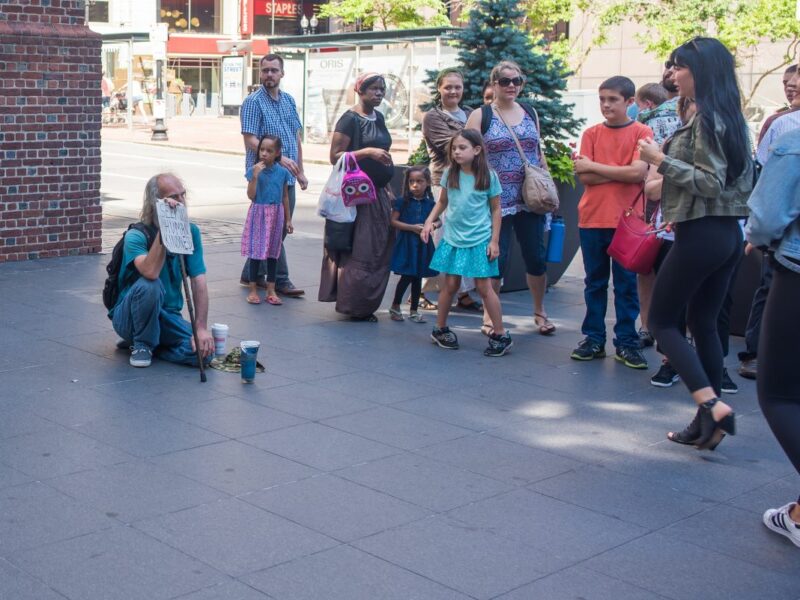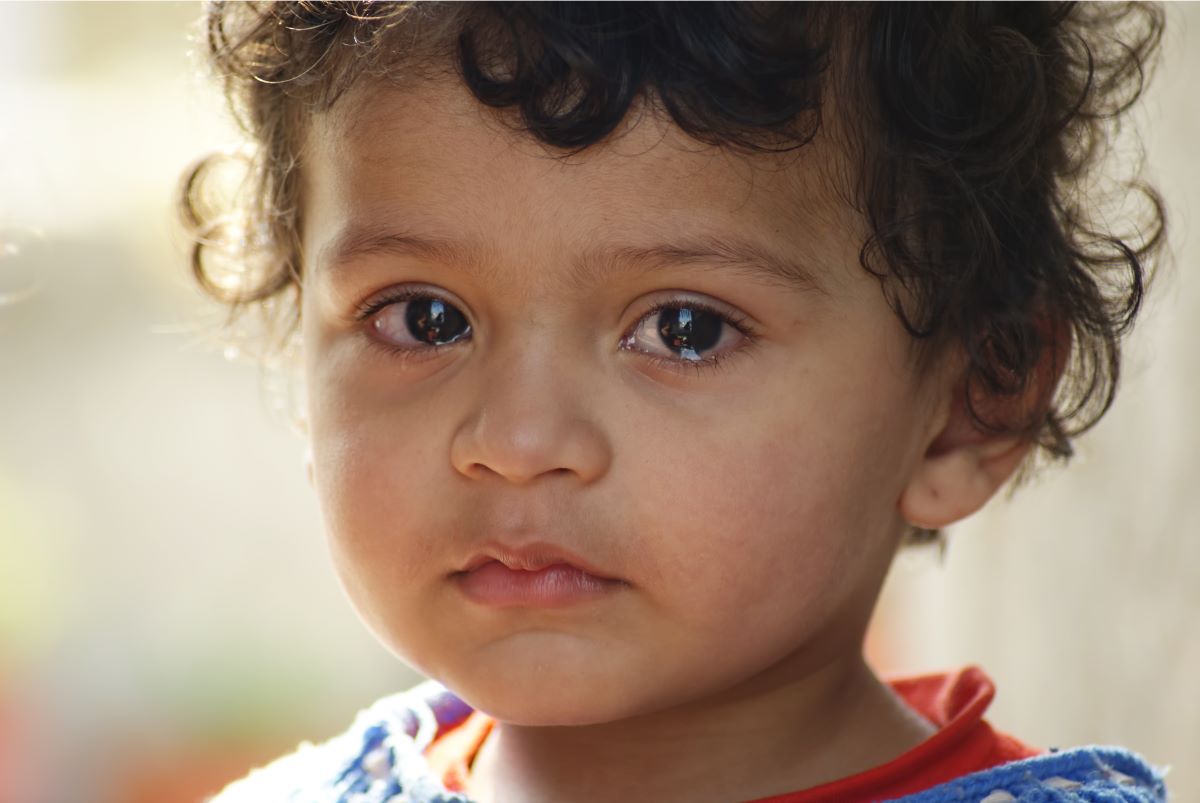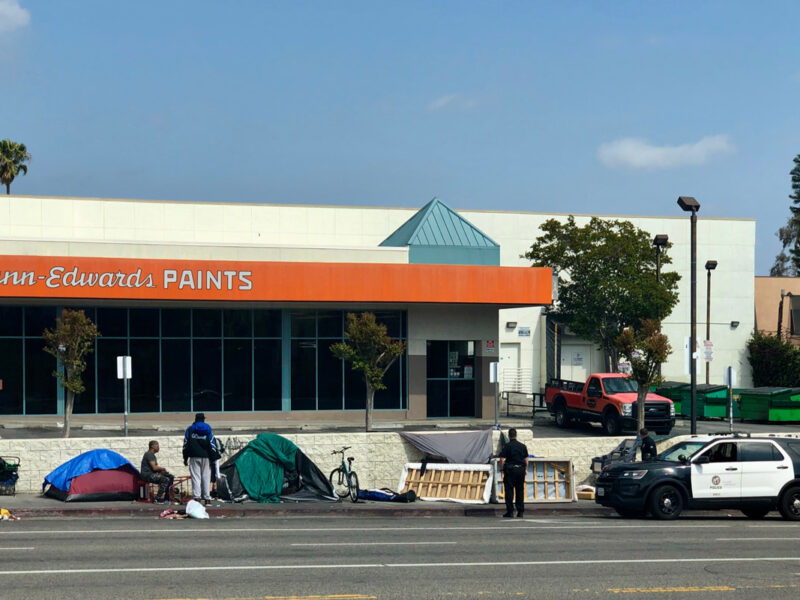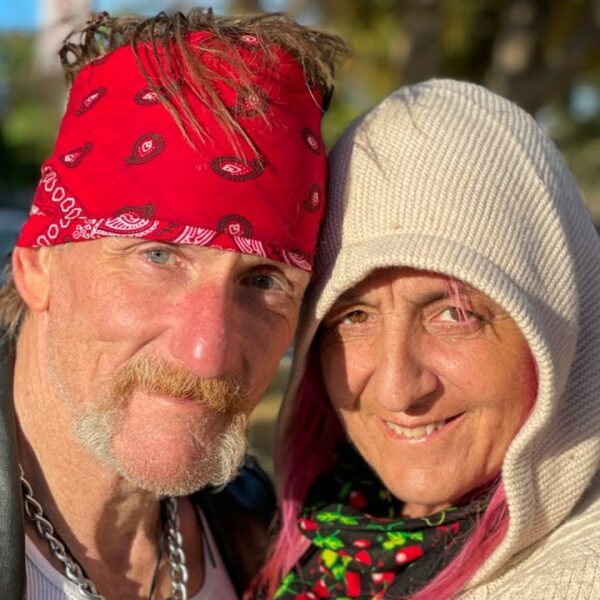The three leading causes of homelessness (lack of affordable housing, unemployment, and poverty) are each uniquely tied to financial hardship. Often, when we think of homelessness, we see it as an instantaneous result of poor decision-making. Studies show that the public generally perceives these poor decisions as having been made by the homeless person, hence creating a narrative where homelessness is akin to personal failure.
A closer look at the state of homelessness proves that this narrative could not be further from the truth. In reality, thousands of people are born into homelessness each year.
Millions more are born into crippling poverty. Children International reports that in the United States of America, one out of every seven children will be born into poverty, and 40% of all American children will struggle with poverty at some point before reaching adulthood.
For These Children, Poverty is a Long and Winding Pathway that can Lead to Homelessness
Children who struggle with poverty start out in an arena of disadvantage. If life were a race track, their relay would be riddled with obstacles at every turn. For example, students living in poverty exhibit a grade-school dropout rate seven times higher than children in affluent environments. In turn, high school dropouts are 4.5 times more likely to experience homelessness later down the line.
While disparities in wealth and education play a crucial role in perpetuating homelessness, there are other factors buried underneath the surface that can be even more detrimental.
One of the Most Recent and Glaring Disparities Against Impoverished Children Today is Eviction
In the aftermath of the COVID-19 pandemic, it was determined that approximately 3.5 million American households were vulnerable to homelessness by way of eviction. This is a particularly brutal way to enter into the homeless community.
Families who become evicted often lose all of their material possessions in one fell swoop. This means that in addition to having no home, they might also lack food, clothing, medication, school supplies, and more, not to mention the vital documents they would need to enter into the social services system. This loss of documentation blocks pivotal pathways into safe, affordable housing through the social sector.
Pitfalls in the shelter system make it easy for parents and children to become separated from one another while experiencing homelessness. This makes homelessness an even more isolating situation for tender young Americans, many of whom are under the age of six.
Rather than address this disparity and seek new ways to avoid eviction altogether, landlords in our post-Pandemic climate have moved to make eviction even more cutthroat – by naming children as defendants in eviction trials.
Some Landlords are Now Naming Children, Toddlers, and Infants as Defendants in Eviction Trials
According to Shelterforce and other news sources, children as young as eight months old have been named defendants in eviction cases across the nation. This legal blunder can lead to a lifetime of financial difficulties for children who are already disadvantaged at the start.
In an eye-opening piece crafted by “Evicted” author Matthew Desmond, it was proven that households with children were actually more likely to receive an eviction judgment through the court system when compared to childless households in similar predicaments. In fact, in most cases, the households with children that received judgments in favor of eviction owed slightly less money than childless households that narrowly escaped eviction judgments.
Other notable findings indicate that:
- The majority of children forced out of their homes by way of eviction are grade-school age
- This reflects a median age of 7
- More than three-quarters of these evicted children hail from African American ethnic backgrounds
In addition to causing mental and physical health issues, homelessness in children is notorious for deepening poverty and wealth inequality. Until recently, that poverty was immediate, giving way to poorer education, food instability, and other inequities that can cause homelessness later in life. However, in post-Pandemic America, that same poverty could be embedded into the court system, causing children entering into the housing market to deal with poor credit they literally inherited through debts incurred by parents.
Sadly, for some landlords naming children as defendants in eviction cases, the threat of generational poverty is actually the point. They are those landlords who resort to naming children as a scare tactic.
Other landlords claim they are doing this to ensure that all residents on the property forego their right to residency if an eviction judgment is issued. This is particularly the case in New York, where many child defendants appear to be named as a response to the Housing Security and Tenant Protection Act of 2019.
Regardless of intention, the result of such heinous judicial action is a ruined future for a child too young to understand.
If Action is Not Taken, Children Could See Their Rental Credit Ruined before They Even Graduate from Kindergarten
Many people incorrectly assume that evictions only mar rental credit temporarily. Most evictions are only recognized for seven years. However, in many states, like Pennsylvania, an eviction filing remains a public record infinitely, meaning forever. Even worse, eviction records are nearly impossible to expunge. Even if you win in court, simply being named in an eviction trial can be enough to put you on the rental blacklist, making safe, affordable housing unobtainable and severely increasing the risk for homelessness.
This is a bad enough consequence for adults. Is it really the start we want for our children?
Contact your representatives and tell them you are opposed to naming child defendants in eviction trials. Tell them you also believe housing should be a human right.













